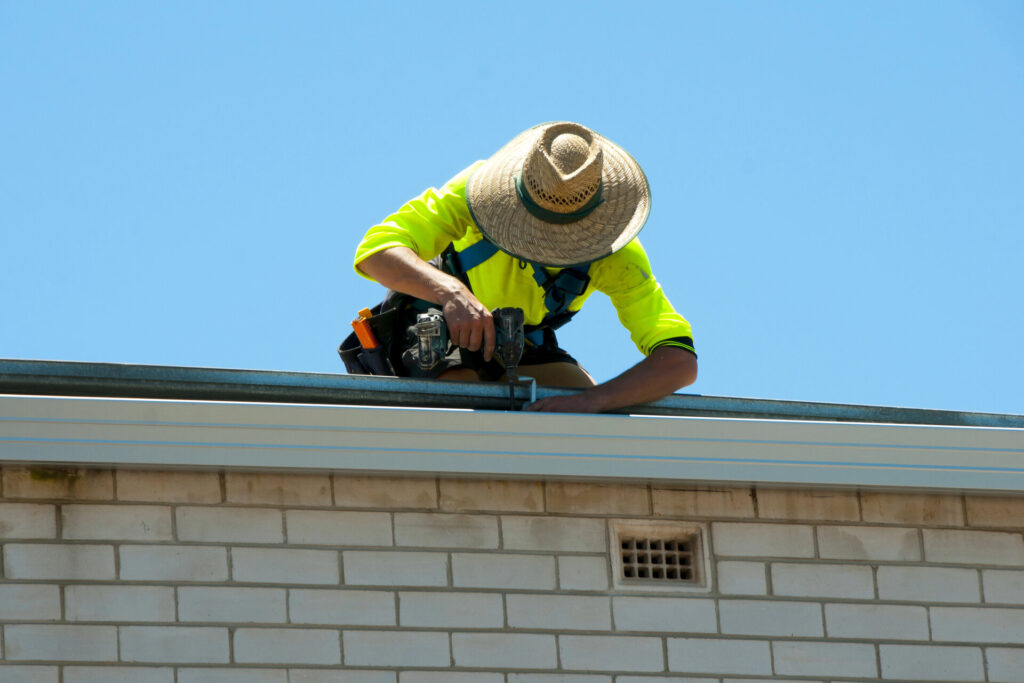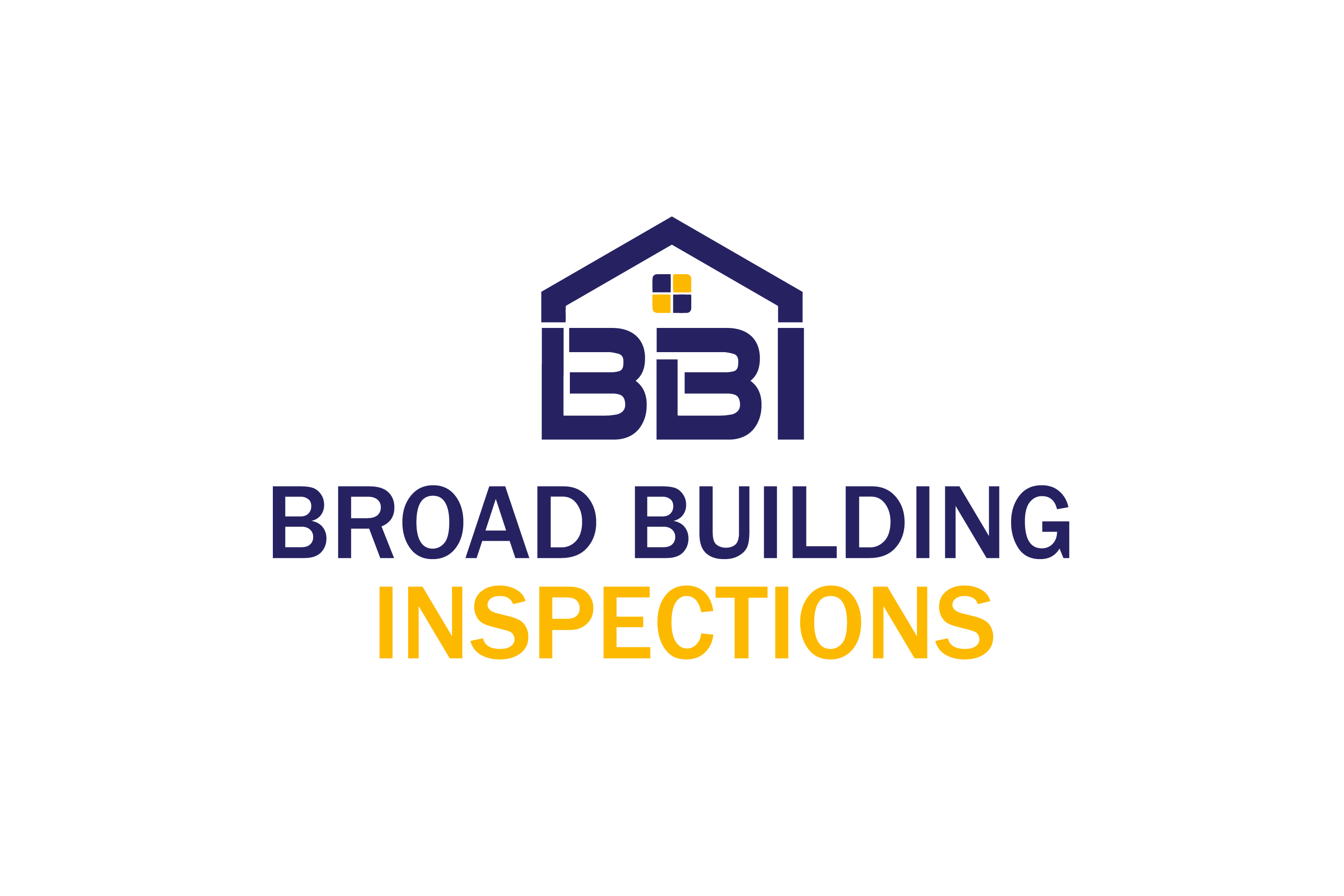For anyone building a new home or investing in commercial property, ensuring the final outcome meets the necessary building standards is essential. One of the most important steps in this process is the final inspection, also commonly known as the Practical Completion Inspection (PCI). Conducted near the end of construction, a final inspection is the last, thorough check that verifies the build’s compliance with all quality, safety, and functional requirements.
Final inspections are crucial for both residential and commercial property owners, confirming that every detail meets the high building standards to be met in Western Australia. In this article, we’ll explain what is covered in a final inspection, the standards Perth inspectors use, and why independent inspections are key to ensuring a quality build.
What Is a Final Inspection (Practical Completion Inspection) and Why Is It Important?
A final inspection, or Practical Completion Inspection (PCI), is a comprehensive review of a property at the end of the building process. Conducted before the final payment and handover, the PCI verifies that the construction meets all contractually agreed standards and specifications, providing peace of mind for property owners that their investment is structurally sound and safe for occupation.
Purpose of the PCI
- Quality Assurance: Ensures all work is completed to a high standard and adheres to agreed-upon specifications.
- Safety and Regulatory Compliance: Confirms the property complies with Western Australian building codes and safety regulations, including the Building Code of Australia (BCA) and the relevant Australian Standards (AS).
- Investment Protection: Identifies potential issues or incomplete work before the final payment, allowing for necessary corrections to be made.

By addressing any final issues with builders at this stage, property owners protect their investment and ensure they’re receiving exactly what they paid for.
What Is Covered in Final Inspections (PCIs)?
Structural Integrity and Stability
At the heart of a PCI is the assessment of the building’s structural soundness. The building inspector evaluates crucial elements that impact the long-term durability of the property, including:
- Foundation and Load-Bearing Walls: Ensures that the building’s base and load-bearing structures are installed correctly and are stable.
- Roof Covering and Framing: Confirms that the roof and framing meet structural standards, providing a reliable shield against environmental factors like rain and heat.
- Exterior and Interior Finishes: Checks the quality of materials and finishes, confirming that they meet quality standards and are free from defects.
These checks are vital, especially for properties in Western Australia’s southern suburbs, where the coastal environment can impact building materials. A thorough PCI ensures the property is built to withstand these local conditions.
Detailed Quality Review
In addition to structural and utility checks, a PCI includes an assessment of final finishes, fixtures, and installations. This part of the inspection covers:
- Paintwork and Joinery: Confirms that all surfaces are correctly finished, and that paint and woodwork are free from chips, gaps, or irregularities.
- Tiling and Flooring: Verifies the quality of tile and flooring installations to prevent potential problems, such as uneven surfaces or cracked tiles.
- Doors and Windows: Ensures all doors and windows open, close, and lock properly, meeting the required standards for security and functionality.
By focusing on these details, the PCI confirms the new build’s aesthetics and functionality are up to standard.
Why Choose Independent Inspections?
Opting for an independent inspector for your Practical Completion Inspection offers a level of assurance that standard builder checks often lack. Here’s why independent inspections are invaluable:
- Objective Reporting: An independent inspector provides unbiased reports, free from pressure to minimise issues. They focus solely on what’s best for the property owner.
- Professional Knowledge: Look for reputable building inspectors with a background as registered builders and extensive experience in the building and construction industry.
- Comprehensive Reporting: Independent inspections provide a clear and concise report, typically within 24 hours, that prioritises actionable findings. This streamlined approach ensures property owners can easily address any final concerns with their builders.
By selecting an independent PCI, property owners receive a complete, trustworthy evaluation that supports long-term peace of mind.

Choosing the Right Inspector for Your Practical Completion Inspection
If you’re ready to schedule a final inspection, it’s important to select a qualified and experienced inspector. Key considerations include:
Experience and Building Expertise
Working with registered and experienced inspectors, especially those with an in-depth understanding of the Western Australian building landscape, is critical. Look for building inspectors who holds registrations as licensed builders (BP103305), which elevates their industry insight and allows them to recognise potential construction issues that may go unnoticed by less experienced inspectors.
Efficient and Transparent Reporting
Timely and clear reporting is essential. An inspector known for delivering detailed reports within 24 hours allows property owners to address concerns quickly and avoid unnecessary delays in the handover process. Clear, photo-supported reports provide direct evidence for any needed corrections, simplifying discussions with the builder.
How Final Inspections Address Unique Needs of Perth’s Southern Suburbs
Perth’s southern suburbs, from Fremantle to Rockingham, are subject to specific environmental factors that impact construction. Practical Completion Inspections in these areas should consider:
- Coastal Climate Resilience: Exposure to salt and moisture near the coast can degrade materials over time. PCIs assess weatherproofing and the durability of materials used, ensuring the structure is built to withstand these conditions.
- Timber Pest Prevention: Termite activity is a known issue in certain areas of WA. Final inspections in these regions often include assessments of timber durability and other materials for pest resilience.
By addressing these local factors, PCIs in Perth’s southern suburbs offer tailored assurance to property owners, ensuring the build is suited to its environment.
Need a Final Inspection for Your New Build?
A final inspection, also known as a Practical Completion Inspection, is a vital step in ensuring that your new build meets all relevant standards and is ready for safe, long-term use. By working with an independent inspection company, you gain the confidence that each detail of your property has been thoroughly evaluated for quality and compliance.
Broad Building Inspections, based in Success and servicing Perth’s southern suburbs, is known for its expertise, integrity, and commitment to clear, actionable reporting. With over 40 years of industry experience, they are a trusted choice for final inspections that deliver clarity, precision, and peace of mind.
Contact Broad Building Inspections today to book your Practical Completion Inspection and secure your investment with a service backed by unparalleled local knowledge and experience.




